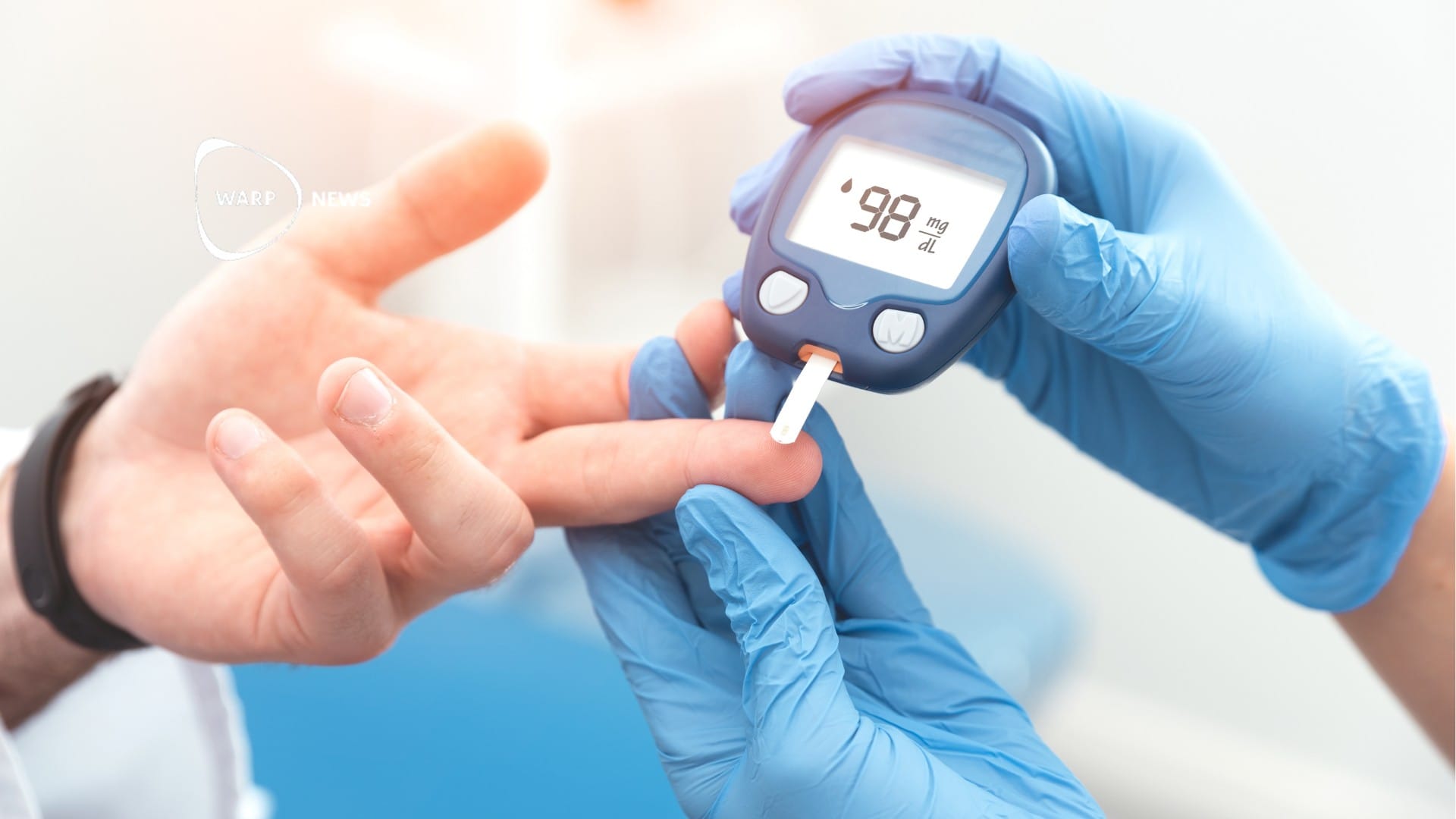❤️ Health Tech
Health Tech, or digital health, helps us understand and take control of our own health. But we also cover more traditional health news like medicines, vaccines and medical procedures.
🎗️ Cervical cancer could become the first cancer type to be completely eliminated
Unlike most other cancers, cervical cancer can be prevented and completely eliminated using existing tools. Several high-income countries are close to elimination, with fewer than four cases per 100,000 women.
🎗️ Decrease in cervical cancer deaths among young women in USA
Cervical cancer deaths among women under 25 have decreased by 60 percent between 2016-2021 in the USA. A study shows zero cases of cervical cancer among women who were vaccinated against HPV at age 12-13.
🧬 First CRISPR treatment is now being given to patients
The first treatment using CRISPR technology has begun being administered to patients with sickle cell disease and beta-thalassemia. Patients do not produce healthy hemoglobin. Casgevy uses CRISPR to modify the patient's own cells so they produce healthy hemoglobin.
🦟 New malaria vaccine delivered directly through mosquito bites
Scientists have developed a new method to vaccinate against malaria by letting genetically modified malaria parasites transfer via mosquito bites. The method provided 89 percent protection against malaria in the initial study.
🧫 One single test can now detect almost all known infections
The technology replaces multiple different tests with a single test, eliminating time-consuming guesswork in diagnosis and treatment of infections.
🦾 Robot learns surgery as well as surgeons by watching videos
A surgical robot trained by watching videos of experienced surgeons performed the same surgical procedures with the same precision as human doctors.
🩸 Stem cells from one's own body can cure type 1 diabetes
A 25-year-old woman with type 1 diabetes began producing her own insulin after stem cell transplantation. The woman has been insulin-free for over a year and can now eat whatever she wants.
🧫 DARTS takes up the fight against antibiotic resistance
A major research project called DARTS has been launched to combat antibiotic resistance. Researchers are using new methods such as AI and microfluidics to find new antibiotics faster. Improved diagnostics can reduce unnecessary antibiotic use and slow down resistance development.
💉 New method can reduce diabetes medication dosing to once a month
French researchers have developed a system that can reduce the dosing of diabetes medication to once a month. The drug is particularly effective in managing type 2 diabetes and is available in both injectable and oral forms.








